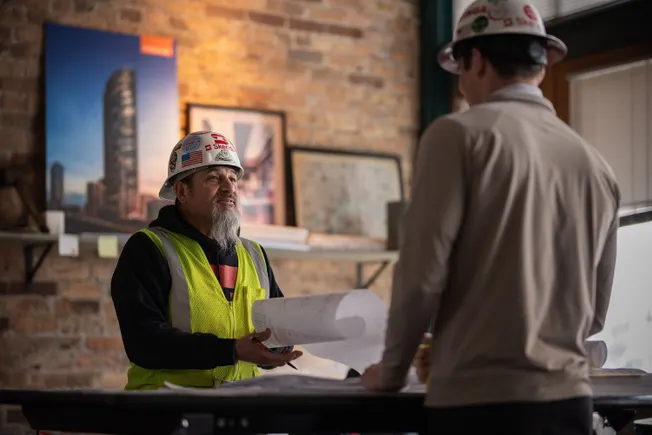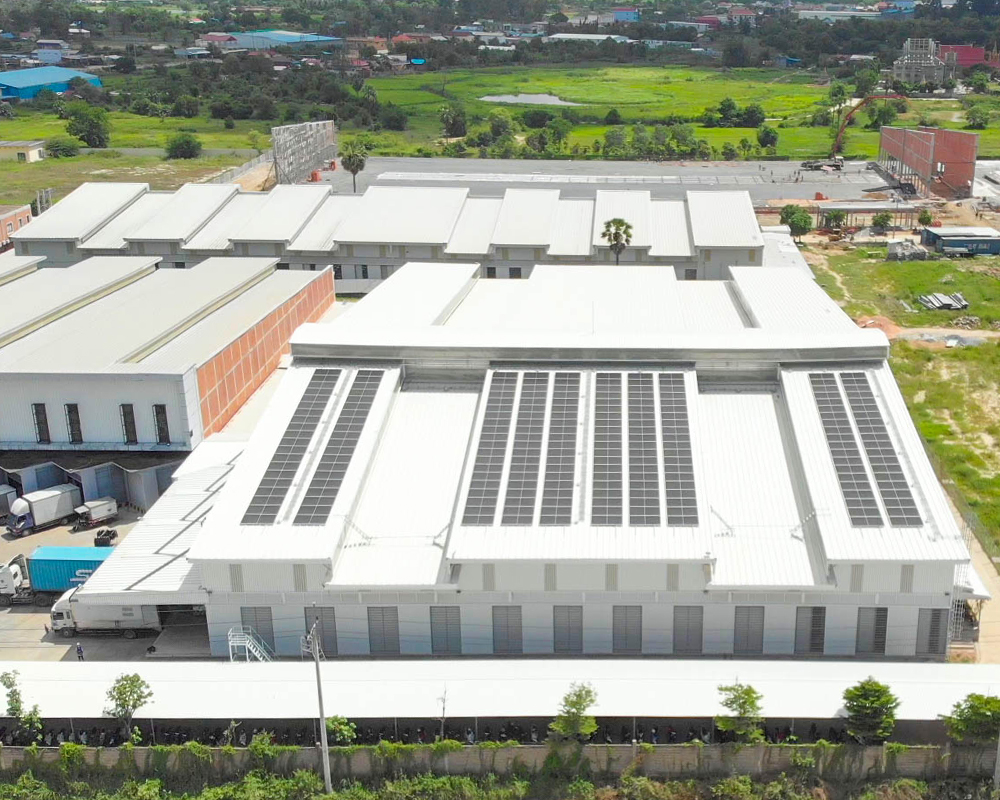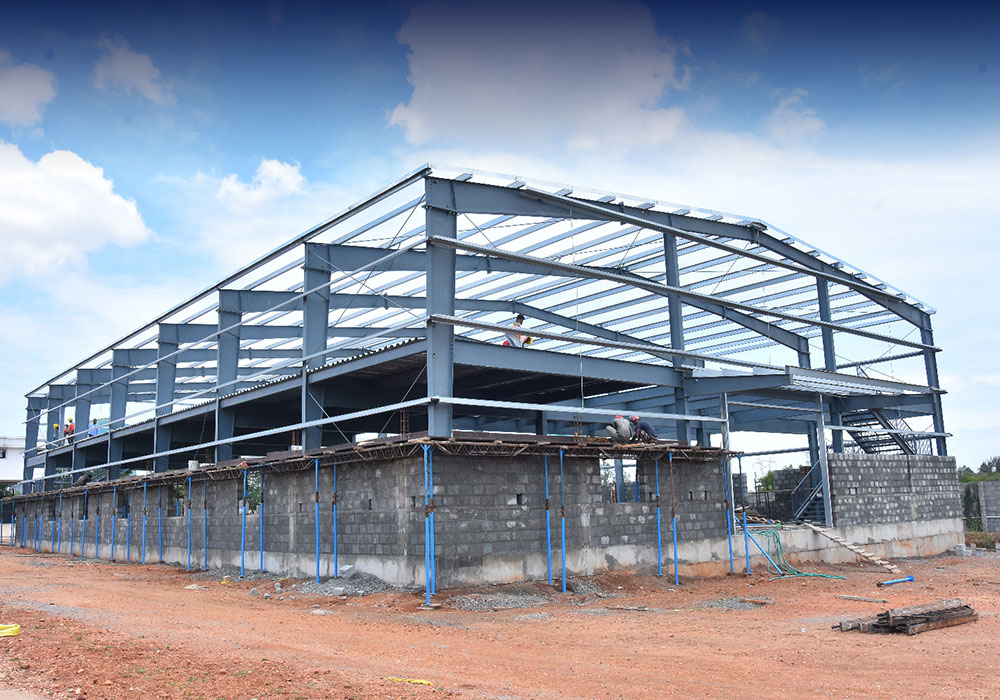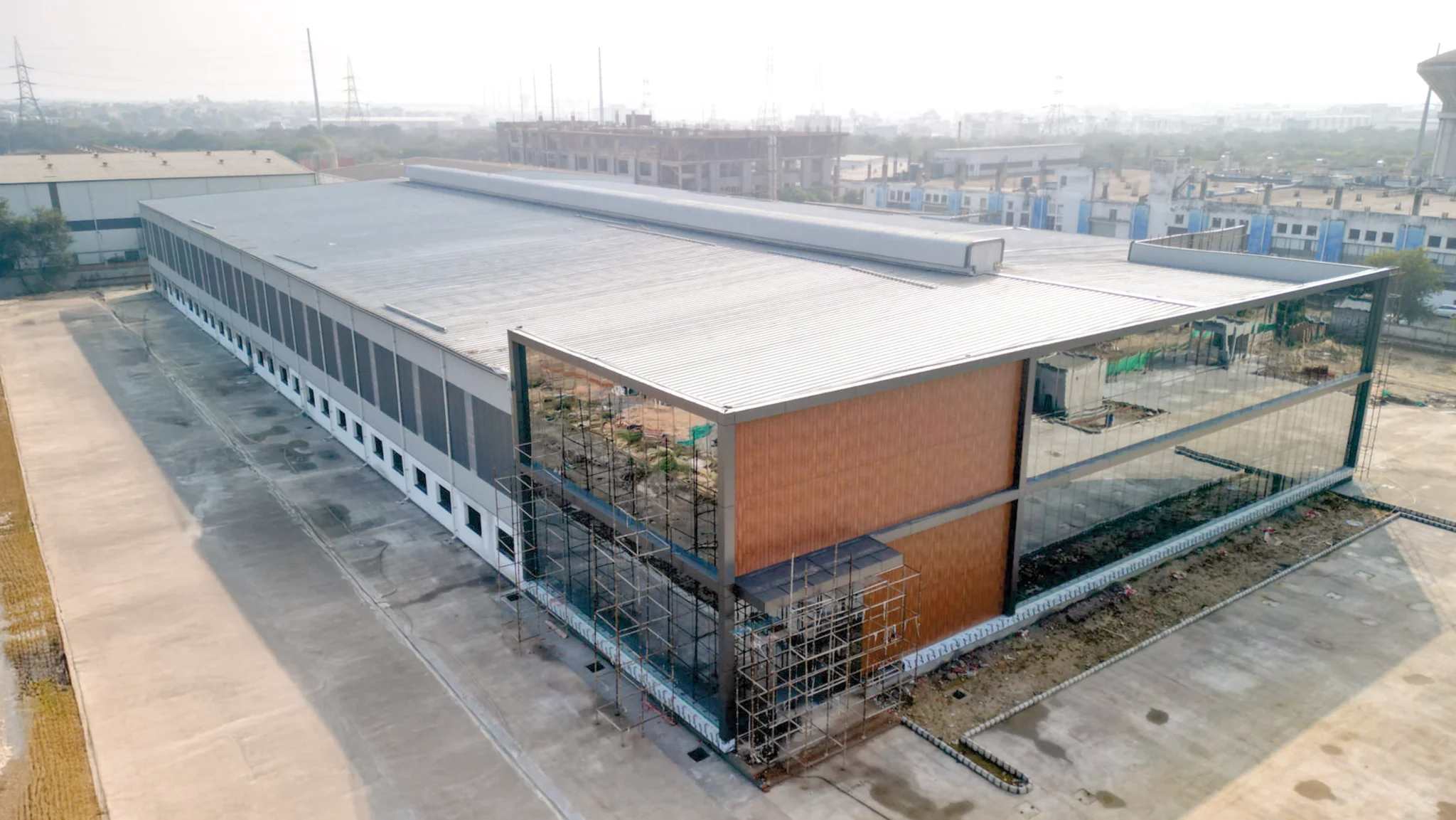
Why construction needs to lean into better mentorships
[ad_1]
Nelson Frech is senior project manager in the Indianapolis office of Skender Construction. Opinions are the author’s own.
The construction industry is at a crossroads. Projects continue to grow in scope and complexity, driven by increased technical requirements, heightened regulatory and compliance burdens, technological advances and intensifying stakeholder coordination.

Nelson Frech
Courtesy of Skender Construction
The urgent demand for skilled professionals with the expertise to navigate these challenges is rapidly outpacing supply. However, this widening gap offers an opportunity to fill those roles, while developing long-term leaders in the construction industry via mentorships.
While structured training programs are essential for building technical skills, mentorship develops the critical judgment, adaptability and leadership mindset that tomorrow’s construction leaders will need. In an industry in which the only constant is change, mentorship is more than guidance — it is a long-term investment in people, process and purpose.
The mentorship spectrum
To understand the role mentorship plays in addressing the talent gap, it is helpful to think of professional development as a spectrum.
At one end of the spectrum, training focuses on building foundational skills and transferring knowledge. Next up is coaching, which helps young professionals refine those skills and apply them across different situations. Mentorship represents the other end of the spectrum, a holistic stage providing personal and career guidance to help individuals navigate multilayered ecosystems through periods of uncertainty, complexity and the leadership demands of the industry.
Each phase builds on the last, forming a pendulum that swings between structure and autonomy. When a company intentionally supports this progression, through structured programs, cultural investments and leadership continuity, it empowers young professionals to evolve into flexible, process-driven leaders. This holistic approach is essential for closing the current talent gap sustainably.
Balancing speed and precision
Emerging professionals often enter the industry with energy and ambition, eager to deliver quickly and prove themselves. However, they face a steep learning curve — particularly when attempting to balance speed with attention to detail.
In construction, rapid decision-making is critical. Without a deep understanding of sequencing, coordination and project complexities, rushing can lead to costly mistakes. On the other hand, fear of making mistakes can lead to decision paralysis.
Mentorship addresses both challenges by introducing the concept of structured thinking. Mentors can help teach mentees how to think critically, ask deeper questions and approach problem-solving systematically. This transition from reactive decision-making to strategic thinking is crucial for project success, and mentors play a key role in helping earlier career professionals develop structured thought processes that eventually become second nature.
Bridging the generational gap
Mentorship has the power to bridge generational gaps. While seasoned professionals bring deep expertise, younger generations contribute fresh ideas and agile mindsets. Effective mentorship creates space for both sides to learn in a relationship that swings fluidly along the training-coaching-mentoring spectrum.
Mentors not only transfer knowledge, but also identify knowledge gaps in mentees’ understanding, provide real-world context and empower younger team members to take ownership of decisions. Traditional linear project delivery methods are increasingly giving way to integrated and fast-tracked approaches. Exposing mentees to a wide variety of alternate project delivery methods is important to broaden their skill sets and foster versatility.
This exposure to non-traditional delivery models ultimately strengthens risk management skills and enhances adaptability across diverse project environments. These experiences challenge emerging professionals to pivot, collaborate and innovate, ultimately cultivating leaders who can thrive across evolving project landscapes.
Connecting with and trade partners
As we build the next generation of leaders, it’s also important to consider the construction environment as a whole. Mentors can nurture relationship-building skills that help professionals engage with trade partners. Prioritizing these relationships, especially those with newer or minority-owned firms, gives way to a more resilient, inclusive and competitive construction industry.
While newer firms face barriers such as bonding limitations, cash flow challenges or unfamiliarity with compliance procedures, mentorship can help overcome these obstacles and build capacity across the supply chain. Construction leaders can support trade partners through structured onboarding, back-of-house mentorship, iterative feedback, referrals and repeat business.
Mentoring trade partners isn’t just good practice; it’s a strategic investment in a stronger project ecosystem.
Building tomorrow’s leaders
Strong mentor-mentee relationships inspire innovation. When younger professionals are encouraged to question traditional practices and suggest improvements, organizations benefit from greater agility and efficiency. Mentorship creates a culture of mutual learning in which expertise meets fresh perspectives.
Effective construction leaders are strategic thinkers, communicators and problem-solvers who align technical execution with business objectives, and these traits make them great mentors. Through mentorship, young construction professionals learn how to navigate financial, operational and contractual dynamics. Their experience begins to encompass not just completing tasks, but also anticipating risks and aligning outcomes with business goals.
For emerging professionals entering the construction industry today, seeking out mentorship opportunities and embracing continuous learning is key to long-term success. Mastering the “how” behind processes creates competence; embracing the “why” builds leadership.
And, for today’s mentors, investing in people is not only a strategic imperative, it lays the critical foundation for a stronger, more resilient industry.
[ad_2]
Source link
Post a Comment
You must be logged in to post a comment.






